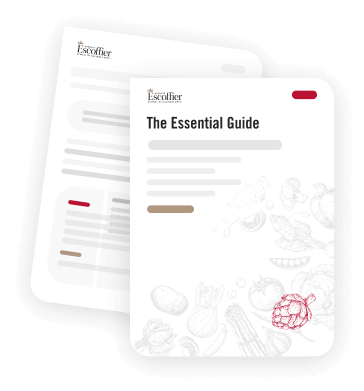Vegan Sources Of Protein

The study of vegan diets is growing at online culinary schools around the world. People who cater to vegan athletes know that they can’t perform at the highest levels if they deny themselves nutrients they need during training and competition. A balanced diet of protein, carbohydrates and healthy fats keep them injury-free and continuously building stronger, faster and more responsive bodies. Since they don’t get their protein from meat, they search for a wide variety of protein-rich plants you can find at your local grocer or market.
Nuts and Legumes
- Beans – Beans are your common variety of legumes. Not only high in protein, these versatile replacements pack a lot of healthy fats and carbohydrates while boosting the level of fiber in your blood. Types of beans include garbanzo beans, kidney beans, lentils, lima beans, navy beans, soybeans and split peas.
- Nuts – Almonds, cashews, filberts, pumpkin seeds and black walnuts are all great sources of plant protein. You should be aware that some nuts can be oil-roasted, which adds unwanted fats, sodium and cholesterol to your diet. Purchase the oven-roasted and unsalted variety instead.
- Lentils – These round, flat legumes are high in nutritional value regardless of the color you get. One cup of non-sprouted lentils provides almost 50 grams of protein and 115 grams of carbohydrates, totaling at 678 calories.
Grains
- Barley – This cereal grain is nutrient-rich and has an appealing pasta-like texture. In addition to being high in protein, it is an excellent source of dietary fiber. Dietary fiber stimulates the good bacteria in your digestive tract, which makes it stronger and healthier.
- Wild rice – Another superfood, one cup of wild rice provides 35 grams of carbohydrates and 6.5 grams of protein for a total of 166 calories.
- Quinoa – Higher in protein than its counterparts, quinoa is a nutritional powerhouse that is packed with lysine and isoleucine. Quinoa is also an excellent source of calcium and antioxidant flavonoids quercetin and kaempferol. Essential fatty acids in the form of oleic and alpha-linolenic acids are also present.
Vegetables
- Broccoli – Studies on this leafy green vegetable have shown that it doesn’t hold as much protein as legumes or grains. What it lacks in protein it makes up in being rich in fiber, lowering cholesterol levels and facilitating detoxification. It is also a great source of Vitamin A and D.
- Kale – Researchers have discovered that along with a moderate amount of protein, kale contains over 40 different kinds of flavonoids that put your anti-oxidant and anti-inflammatory levels through the roof. This assists in cell repair and the prevention of cancerous tissue.
If you like this post, please be sure to check out the following!
Food Day Highlights Sustainable Sourcing Practices
Replace Refined Carbohydrates With Whole Grains
